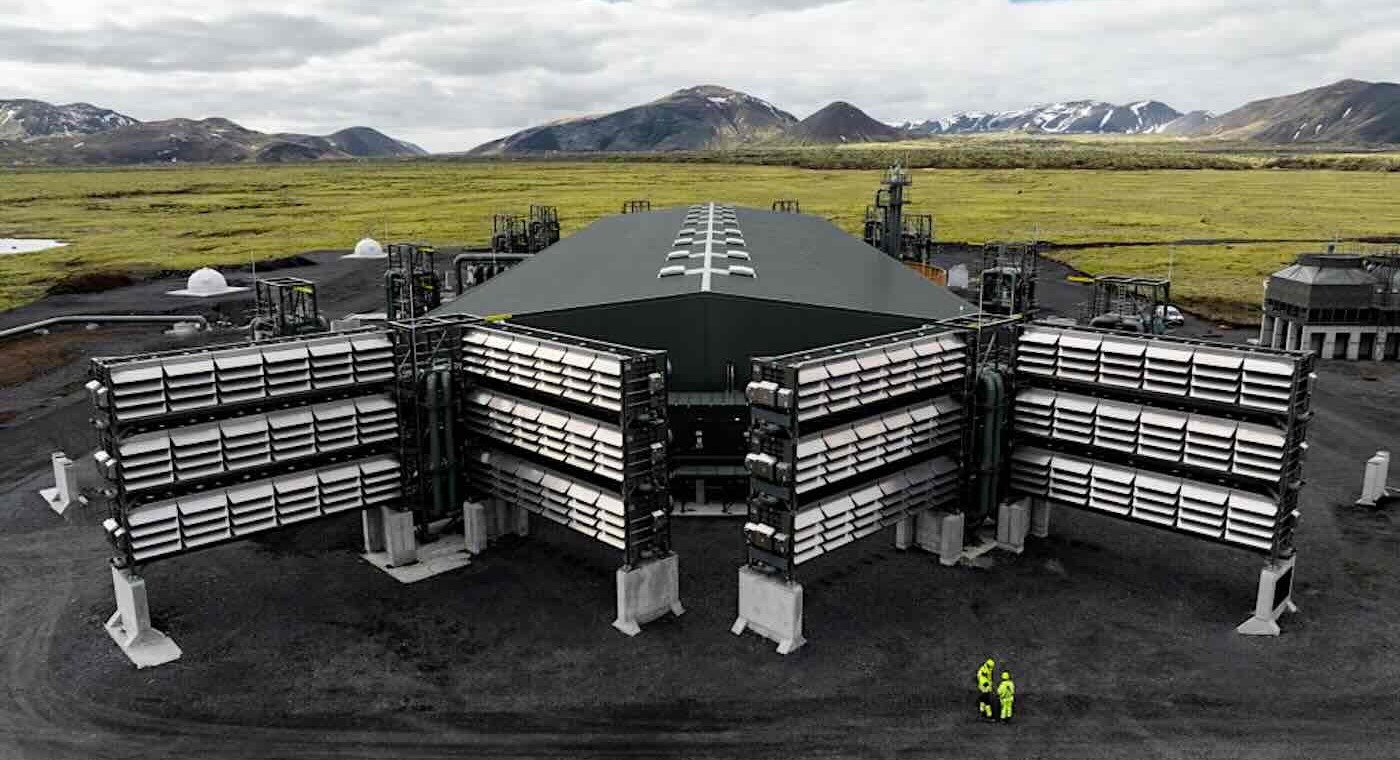ImpactAlpha, July 11 — Climate inventors may be writing smaller checks, but they are still finding opportunities to invest in companies accelerating a low-carbon transition.
Venture funding for climate solutions plunged by 40% in the first half amid a broader market slowdown. Hardest hit were later and growth stage investments, especially in overheated categories like transportation, energy, and food & land use.
“The opportunity for the next Tesla has mostly played out,” as CTCV put it. Investors instead are channeling funds to emerging climate tech solutions that can decarbonize heavy industry and the built environment.
On the plus side: climate investors raised $94 billion in fresh capital last year, private equity firms are still raising mega-climate funds, and incentives from the Inflation Reduction Act are just starting to kick in.
“We see stronger tailwinds than ever,” Energy Impact Partners’ Cassie Bowe told ImpactAlpha. EIP, like other dedicated climate investors, has not pulled back from either early stage or its traditional growth stage investments, she said.
Early stage activity
Seed funding grew 23% in the first half compared to 2022, while seed deal count surged by more than a third. “We’re seeing vastly more companies being founded in climate than ever before,” due to an influx of talented entrepreneurs, said Bowe.
In recent deal activity, US and UK-based Material Evolution raised a £15 million ($19 million) Series A round led by Kompas VC to scale its low-carbon cement. German startup Vilisto, which makes an intelligent thermostat for commercial buildings, secured €5 million ($5.5 million) from SET Ventures, ER Capital Holding and other investors.
Osaka-based EX-Fusion snagged 1.8 billion yen ($12.7 million) for its laser-powered fusion energy technology.
“We feel that the world’s attention to laser fusion is increasing due to the research results of the [Livermore National Laboratory] in the United States,” said Masahiro Samejima of Japanese venture firm Anri, which led the seed round.











